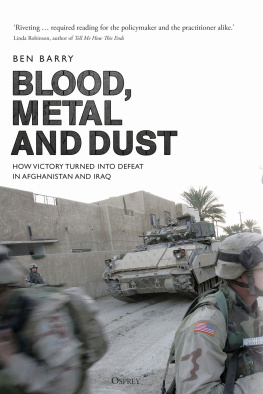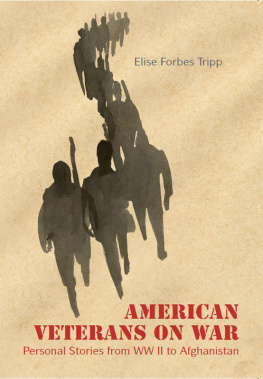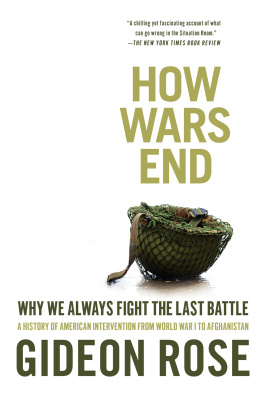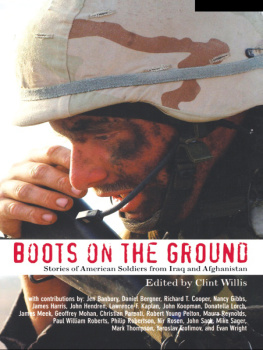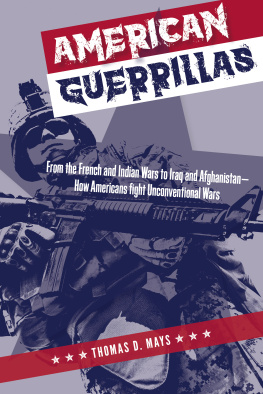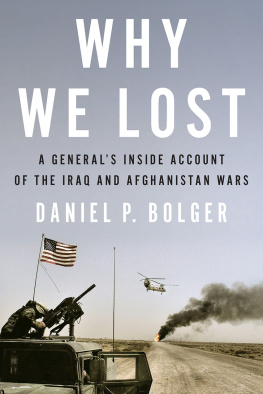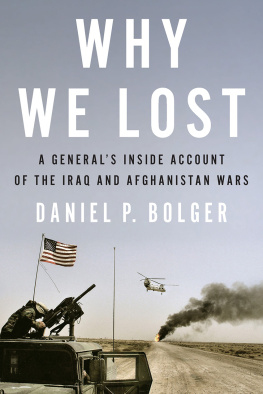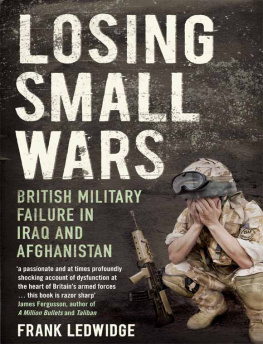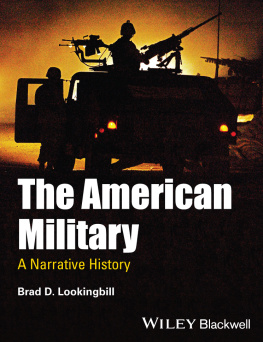Advance praise for
Military Service and American Democracy
Bill Taylor has written a pioneering work on the political and social history of American military recruiting since the end of World War II. Almost all scholarly investigation of this subject has been done by social scientists. For whatever reason, historians, including military historians, have rarely examined how the United States has recruited its soldiers since 1945; the population subgroups they have come from, or havent come from; and how the political nation has dealt with perennial issues of who serves and who doesnt. Work on the history of American military manpower procurement since the draft ended in 1973 has been particularly lacunosesurprisingly so, given the perennial public debates on voluntary military service and conscription. Dr. Taylor performs a real service in covering both the 19451973 draft era and the forty-plus years since the draft ended. Both specialists in military manpower matters and a wide range of scholars working in the broad area of American civil-military relations will benefit greatly from reading his invaluable analysis.
Robert L. Goldich, retired defense manpower analyst and military historian, Congressional Research Service, Library of Congress
Who serves? William Taylor shows us why the changing answers to that question matter, not only to the individuals involved but also to the health of American democracy.
Beth Bailey, author of Americas Army: Making the All-Volunteer Force
The way a democracy chooses to man its military reflects its social fabric. Taylor lays out a narrative to facilitate informed dialogue on this critical issue.
Major General (retired) Dennis Laich
Who serves? Who fights? As William Taylor makes clear in this exceptionally fine book, the answers to these two questions speak directly to the condition of American democracy. Here is a timely reminder that in our own day the questions themselves have lost none of their prior salience and may, if anything, be more important than ever.
Andrew J. Bacevich, author of Americas War for the Greater Middle East: A Military History
In analyzing how a democracy can best fulfill its security needs, William Taylor has written an insightful review of the evolution of American military manpower policy, from the mobilization-based World War II force, through the adoption of a peacetime Cold War draft in lieu of universal military training, and ultimately to the current all-recruited force. He documents the progress made over time in racial integration, gender equality, and incorporation of openly gay personnel, increasing the diversity of the forces to serve the goals of both military effectiveness and social equality. He also critically examines the increasing presence of private security contractors in the battle space as replacements for uniformed members of the armed forces, which is a threat to the historic linkage between service in the interest of security and citizenship rights and responsibilities. This volume is particularly timely given the recent lifting of the ban on service by openly gay personnel and the opening of ground combat occupations and units to women. Readers interested in these issues will have difficulty, as I did, putting this book down.
David R. Segal, professor emeritus of sociology, founding director, Center for Research on Military Organization, University of Maryland
This important work is a major contribution to American military history. It candidly explores the major questions and controversies concerning the relationship among citizenship, social identity, and military policy from World War II to the present with a candidness and clarity based on comprehensive research and thorough understanding of all aspects of the subject. All those concerned with issues related to the human dimensions of national security will profit from reading it.
Ronald H. Spector, professor of history and international affairs, George Washington University
In his latest book, William A. Taylor provides an excellent, well-documented, and readable analysis of military service in this country from World War II to the withdrawal of American military forces from Iraq. This book should be required reading for those citizens, scholars, and public officials concerned about balancing national security and individual liberty.
Lawrence Korb, former assistant secretary of defense for manpower, reserve affairs, installations, and logistics
Who serves in the United States military? Why do they serve? How do they serve? A serious and honest examination of these immensely important questions is critical to current and future discussion of transforming, overhauling, or drawing-down the American military. William A. Taylors Military Service and American Democracy is essential to this discussion. Perceptive and persuasive, Taylor insightfully places the evolution of American military personnel policies amid the distinctive clash between American security needs and individual freedom in a free society.
William Thomas Allison, professor of history, Georgia Southern University


